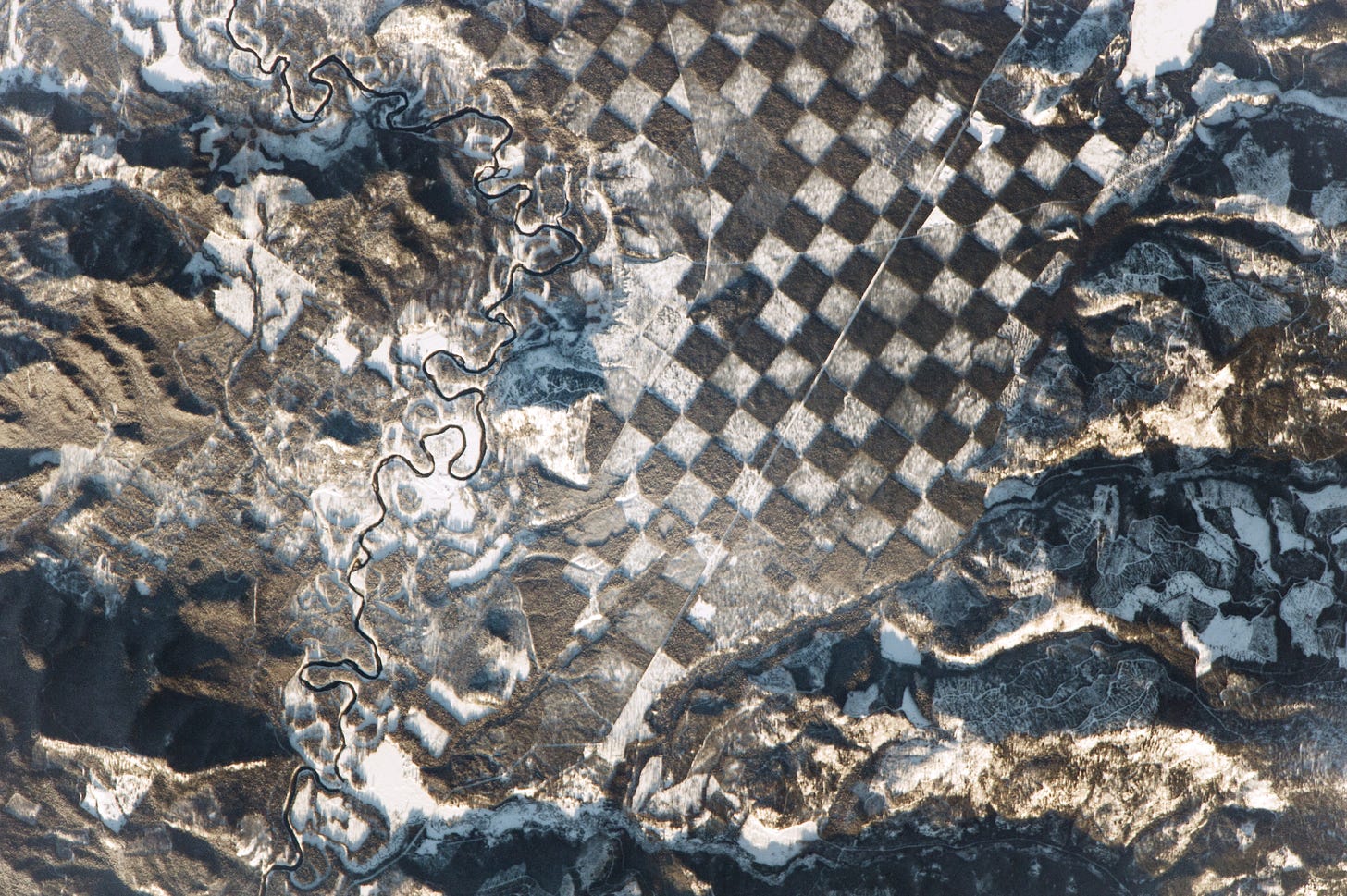Supreme Court Declines To Take Up Corner-Crossing Case
The high court's denial delivers a final blow to a landowner's quest to block public land users from skirting his property boundaries.

The Supreme Court handed a limited victory to public land users Monday, declining to hear a case challenging the legality of “corner crossing” — the act of hopping across adjacent squares of public land in areas checkerboarded with private parcels.
Corner crossing holds the promise of unlocking millions of acres of public land whose access is obstructed by private tracts. By refusing to hear the case, the Supreme Court left standing a previous ruling that clarified corner crossing is legal — at least in the six states that encompass the 10th U.S. Circuit Court of Appeals.
The conservative-controlled high court provided no explanation for its decision on Monday. The denial delivered a fatal blow to a legal effort that Fred Eshelman and his company, Iron Bar Holdings, have waged for years to block corner crossers from skirting his property boundaries.
In separate instances in 2020 and 2021, four Missouri hunters crossed from one corner of public land to another, traversing over but never stepping foot on Eshelman’s Elk Mountain Ranch, in Carbon County, Wyoming. The four men faced state criminal trespassing charges, but a jury found them not guilty in 2022.
Eshelman also sued the men in federal court, arguing that they entered private airspace and caused $9 million in damages stemming from an alleged drop in the land’s value. A district court judge ruled in favor of the hunters, writing that “where a person corner crosses on foot within the checkerboard from public land to public land without touching the surface of private land and without damaging private property, there is no liability for trespass.”
The 10th U.S. Circuit Court of Appeals upheld that ruling, citing the Supreme Court’s ruling more than a century ago that the 1885 Unlawful Inclosures Act makes it illegal for private landowners to block access to public land.
By declining to hear the case, the Supreme Court left the 10th Circuit’s ruling intact.
“Landowners have never had the right to exclude the public from public land,” Ryan Semerad, an attorney for the four Missouri hunters, said in a statement to Public Domain, adding that the high court’s refusal to review the case ensures that checkerboard public land in six states “will remain accessible to the public for generations to come.”
An attorney for Eshelman did not immediately respond to a request for comment.
The rejection cements corner-crossing as legal in Colorado, Kansas, New Mexico, Oklahoma, Utah, and Wyoming. But as Semerad noted in comments to Outdoor Life on Monday, the law remains less clear in other states.
“There are many people out there who wanted SCOTUS to take the case,” Semerad told the publication. “Because while [the justices] could have decided corner crossing is illegal, they could also have provided unity for the nation that says these are public lands and private landowners don’t buy the ability to exclude the public from public lands.”
This story has been updated with a statement from Ryan Semerad.




Can someone please explain the rationale or historical reasons for why the US government divided up public and private lands into a literal checkerboard like that? Not only does it create legal headaches as in this case, but from a nature conservation point of view it's terrible because it breaks up habitat into little islands with a lot of edges, that invasive species tend to prefer over native species, and makes it difficult for animals to move from one island to another if most of the private plots are deforested or fenced.
I interviewed the attorney who represented the hunters yesterday if anyone is interested. https://open.substack.com/pub/ourpubliclandspodcast/p/49-corner-crossing-legal-victory